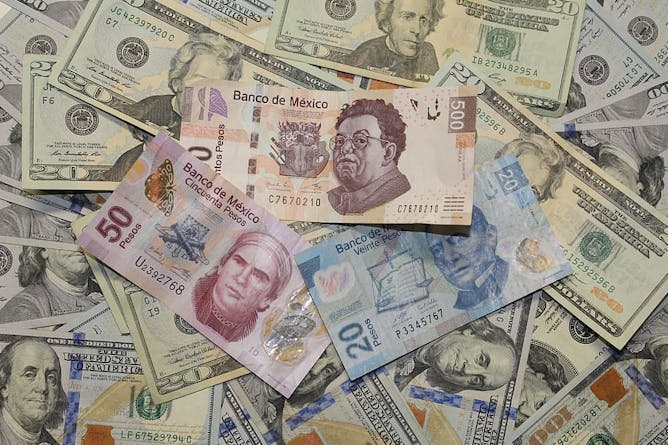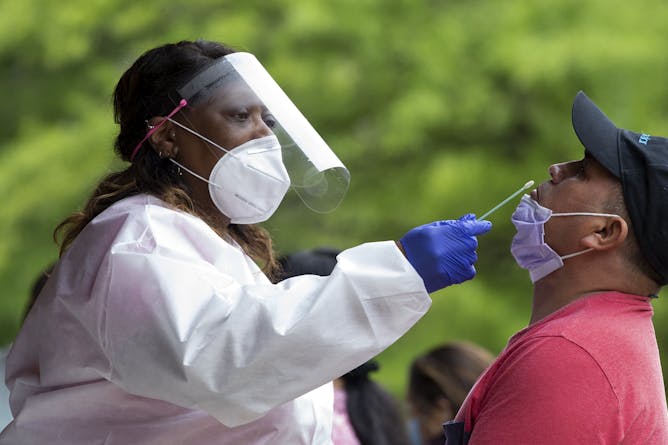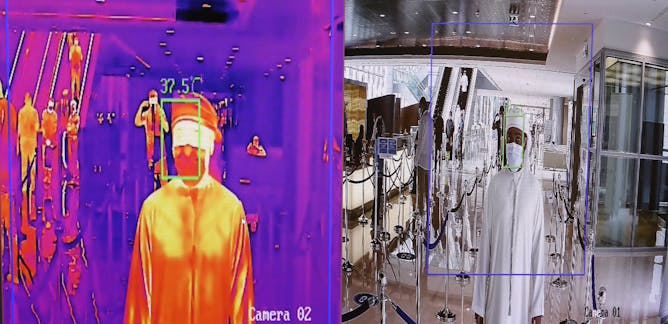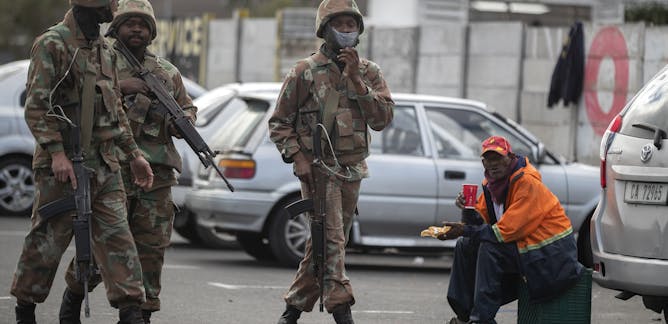|
Mexicans who live in the United States are sending more money back home than ever. Despite broad economic devastation in the US, migrant remittances - which support some 10 million people in Mexico - reached US$4.02 billion in March 2020, a 35.8% increase over last March. This has shocked bank officials who had predicted cash transfers would drop off and earned thanks from the Mexican president, who called migrants “living heroes.” How are Mexican workers still sending so much money home in such difficult times? Araby Smyth finds three reasons.
In other news, in the UK - both among the general population and healthcare workers in particular - the coronavirus is taking a much greater toll on people of colour, and many ideas have been put forward to explain it, from the prevalence of underlying health issues and greater vitamin D deficiency to a genetic difference in immune response. But Winston Morgan argues there’s a danger of viewing this issue as one of racial differences and
not, more accurately, as a consequence of the racism that hugely disadvantages people based on the colour of their skin and ethnic origins.
|

Mexicans living in the U.S. sent $4.02 billion home in March 2020, a 35.8% increase over March 2019.
Jane Russell/WallpaperFlare
Araby Smyth, University of Kentucky
The migrant laborers who staff American meat plants, construction sites and delivery services are working through the pandemic – and sending more funds back home than ever.
|

Michael Reynolds/EPA
Winston Morgan, University of East London
There's no evidence COVID-19 death rates are related to the genetic differences used to racialise people.
|
Science + Technology
|

Scott Adams, Deakin University; Abbas Kouzani, Deakin University; Tracey Bucknall, Deakin University
Temperature-scanning systems are not always accurate at detecting fever, and raise a host of privacy concerns.
| |

J. Xavier Prochaska, University of California, Santa Cruz; Jean-Pierre Macquart, Curtin University
Cosmologists had only been able to find half the matter that should exist in the universe. With the discovery of a new astronomical phenomenon and new telescopes, researchers just found the rest.
|
|
|
Politics + Society
|

Craig Bailie, Stellenbosch University
South Africa's post-apartheid leaders have failed to properly prepare the military for secondary roles such as peacekeeping, let alone to a fight a virus.
| |

Sarah A. Son, University of Sheffield
Does the election of two North Korean defectors to the South Korean National Assembly signal a breakthrough in public acceptance of this politically significant minority?
|
|
|